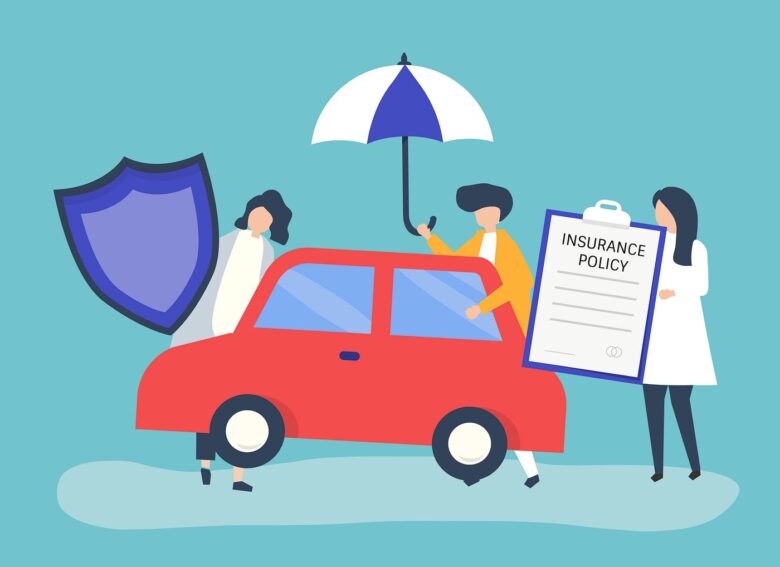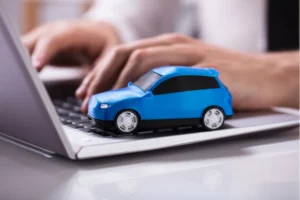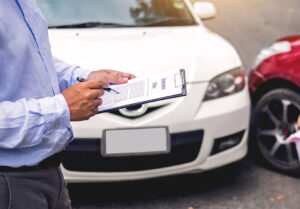Having car insurance is an important part of owning a car because it protects you financially from damage or injury to your car in the event of an accident, as well as protecting you from liability that may arise from what happens to your car. It can also protect you financially if your car is stolen or damaged for reasons other than a traffic accident, such as burglary or being targeted by thieves. It may also cover harm from striking a stationary object. Anyone who drives needs to understand the basics of car insurance, not only to comply with the law but also to ensure they are covered for any situation.
What is Car Insurance?
Auto insurance is an agreement between you and your insurance company that protects you against losses if your car is stolen or involved in an accident. As long as you pay the premium, the insurance company will reimburse you for your losses according to the terms of your coverage. Each policy has its price, so you can adjust the amount of coverage to suit your needs and budget.
Why is Car Insurance Necessary?
Most states require people to have car insurance, which is the main reason why people need it. If you drive without insurance, you could face serious penalties, including fines and suspension of your driver’s license. Auto insurance can also protect your finances by covering major expenses that may arise after an accident, such as medical bills, repairs, and debts you owe to others.
Types of Car Insurance Coverage
Liability Insurance
In most places, you are required to have this coverage. It covers damage you cause to other people’s property and people. It won’t cover your car or your wounds. Liability insurance consists of two parts: liability for bodily injury and liability for property damage.
Collision coverage
When your car collides with something or another vehicle, collision coverage pays for the resulting damage. This coverage is even more important if you have a newer or more expensive car.
Cover everything
Comprehensive insurance covers damage to your car that is not the result of an accident, such as damage from theft, fire, crime, or a natural disaster. This is not mandatory, but recommended to fully protect your car.
Personal Injury Protection (PIP)
PIP, also called no-fault insurance, can pay for you and your passengers’ medical costs, even if someone else was at fault in the accident. In some states, this is required, in others it is not.
Protects uninsured or underinsured drivers
With this cover, you are insured if you are involved in an accident with someone who is not sufficiently insured or not insured at all. It can cover hospital bills and car damage.
Uninsured/Underinsured Motorist Protection
Here are a few things to consider when choosing the right car insurance policy:
Assess Your Needs
Consider how much your car is worth, how you use it, and what your budget is. If you just bought a brand-new, expensive car, you may need more than the minimum liability coverage to protect it.
Compare prices
To find the best rates, you can request prices from multiple insurance companies. Make sure all insurance companies you look at offer the same coverage.
Check the reputation of the insurance company
Find out what customer service and claims satisfaction are like at potential insurance companies. A company with cheap prices but terrible customer service may not be worth it.
Understand the policy
Before you sign up, you need to know what your policy covers and what it doesn’t. Pay close attention to the restrictions and costs.
How Premiums Are Determined
Insurance companies determine your rates based on many factors, such as your age, gender, driving record, the type and make of your car and even your credit score. Younger drivers with less experience tend to pay more because they are more likely to be involved in an accident.
Reducing Your Premiums
There are several ways to reduce the cost of your car insurance:
Increase your tax deductions
If you choose a higher deductible, your premium may decrease. If you want to make a claim, make sure you can afford the amount.
Keep your driving record clean
Over time, avoiding accidents and fines can help lower your rates.
Use coupons to save money
Many insurance companies will give you discounts if you own more than one car if your car has safety features, or if you drive safely. People who take defensive driving training can also get discounts from some companies.
Conclusion
Recognize that your car insurance coverage is more than just the law; It’s also about making smart choices to protect your financial future. By learning all about the different types of benefits and how insurance works, you can choose a policy that suits your needs and keeps you and your car safe on the road. Remember that the cheapest policy is not always the best. Taking out the right insurance is important.
Having car insurance is important because it protects you and others in the event of an accident. Understanding your requirements and the factors that affect price can help you choose better coverage that will keep you safe while lowering your costs.
FAQs
1. What factors influence the cost of my car insurance?
The cost of car insurance depends on things like your age, driver’s license, the type of car you drive, where you live, and your credit score. Your premium will generally be higher if you are involved in an accident or are younger.
2. Do you need car insurance?
Yes, in most states you are legally required to have car insurance. Liability coverage is usually the minimum required by law, but some states require additional coverage, such as personal injury protection (PIP) and uninsured motorist coverage.
3. What happens if I drive without protection?
Sometimes driving without insurance can get you fined, lose your driver’s license, or even end up in jail (depending on the state). Furthermore, if you are involved in an accident without insurance, you will have to pay all hospital bills and damages incurred.
4. What can I do to lower my car insurance rates?
Your rates will be lower if you choose a higher deductible, keep your administration clear, take advantage of discounts, and regularly look for the best rates from three different insurance companies.
5. What is the difference between reach and extended coverage?
Collision coverage pays for damage to your car after an accident, regardless of who was at fault. On the other hand, comprehensive insurance covers damage to your car resulting from causes other than an accident, such as theft, criminal activity, or natural disasters.
6. Can I change the operation of my car insurance?
Yes, most insurers allow you to tailor your coverage to your wishes. Some things you can do include choosing a coverage type and amount, setting a deductible, and adding extras like roadside assistance or rental car reimbursement.


